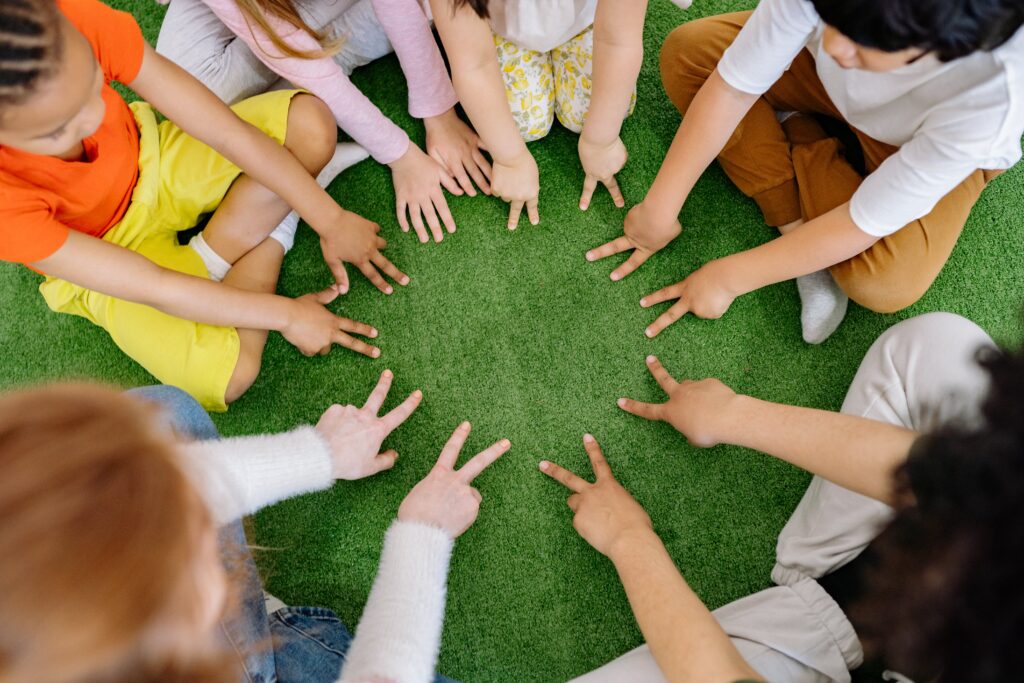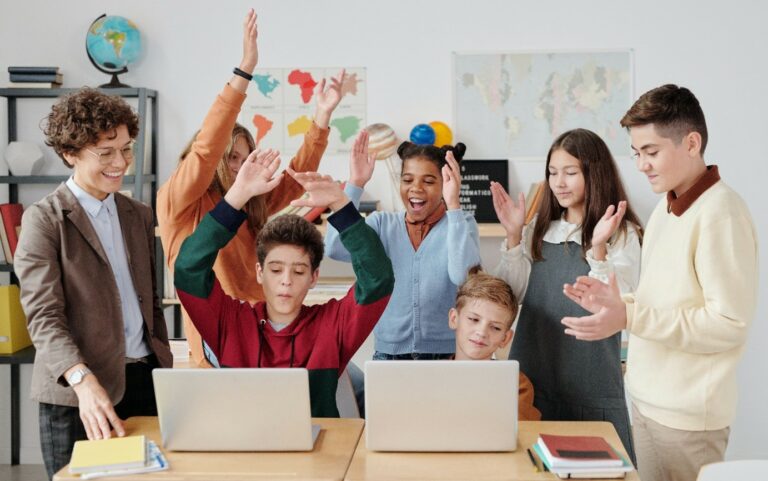Do students know how to study? When do they start to know about their own learning style? What do they know about themselves as learners to foster their own efficiency?
Today’s education systems place a lot of emphasis on developing lifelong learning skills in learners, such as the ability to learn on their own, to monitor their understanding of learning, or to modify their learning strategy when needed. The concept of self-regulated learning encompasses, among other things, the ability to exercise active, metacognitive, motivational and behavioural control over one’s own learning.
Metacognitive control is the most important ability and it involves understanding the material to be learned, how it is currently understood, or the strategies needed to understand it.
Metacognition, according to Flavell (2004 apud. Santrock, 2011) is ”knowing about knowing”, i.e. the individual’s ability to analyse, monitor and reflect on one’s current or present thoughts. The use of metacognitive abilities comes as a result of cognitive development, in other words it increases with age. However, research has found that students receiving what is called metacognitive instruction enhance their metacognitive abilities. Metacognitive instruction refers to pedagogical instruction designed to build metacognitive knowledge, helping students develop a habit of using metacognition.
Gamification is a concept that has recently attracted attention in different spheres. Most studies on gamification in education (Dicheva, Dichev, Agre & Angelova, 2015) concluded that gamification is a way of improving learning. The use of innovative learning techniques such as gamification has a positive impact in the classroom and the positive effects of gamification on engagement, cognition, metacognition, and academic performance are obvious. Gamification for academic purposes allows the teacher to better plan the learning experience through the use of game elements. The learning process is assessed through a series of game-like experiences.

By adopting gamified approaches based on goals and achievemnts that are external to the game, metacognition occurs because students participate in the development of the rewards.
Research is consistently showing that metacognition is one of the greatest influencers on academic performance. Metacognitive instruction often occurs in the classroom when using gamified lessons and developing new digital tools could encourage the improvement of teachers’ metaconitive pedagogies.
Our Erasmus+ project GDL – Gamification of Digital Learning, aims to familiarize secondary school teachers with gamified content and provide them with information on how to make the content more accessible to students. Thus, the creative and autonomous working methods are encouraged and metacognitive skills are fosterd. If you wnat to incorporate gamification elements into lessons and create gamified activities, you can take a look at the wide range of available resources of our project.
Resources:
- I Told You That to Tell You This: Metagaming and Metacognition ou This: Metagaming and Metacognition in the Hybrid Classroom https://digitalcommons.odu.edu/cgi/viewcontent.cgi?article=1152&context=english_fac_pubs
- Gamified Pedagogies & Students’ Metacognition Development https://www.researchgate.net/profile/Anja-Dordevic/publication/325102811_GAMIFIED_PEDAGOGIES_STUDENTS’_METACOGNITION_DEVELOPMENT_-_Research_proposal/links/5af69e734585157136cba755/GAMIFIED-PEDAGOGIES-STUDENTS-METACOGNITION-DEVELOPMENT-Research-proposal.pdf
- Integrative Effects of Gamification and Metacognitive Self-regulation on the Quality and Use of an Intelligent Tutoring System on Learning Outcomes https://eera-ecer.de/ecer-programmes/conference/26/contribution/51277




